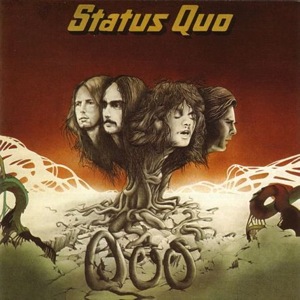
“Manifiesto” (1973) – Victor Jara * Written and produced by Victor Jara * LP (Mexico): Manifiesto * Label: Discos Pueblo
“Manifiesto” by Chile’s Victor Jara became the title track to an album assembled after military thugs from the Pinochet dictatorship arrested, tortured and murdered him in September 1973. Jara had intended the song to appear, along with six other tracks he’d already recorded and others yet to be recorded, on an album called Tiempos que cambian (times that change). Listening to this with the knowledge that we’d lose him so soon after its creation still makes one’s skin tingle. It would have the same effect without that knowledge, though. “I don’t sing just to sing,” go the lyrics. “I sing because the guitar makes sense and has a reason… The song that is brave will always remain a new song.” Only in summer 2016 did Pedro Barrientos, the army officer who murdered Jara and who had escaped to Florida in the late 1980s, face a trial. The jury found him guilty, moving his eventual extradition to Chile a few steps closer.

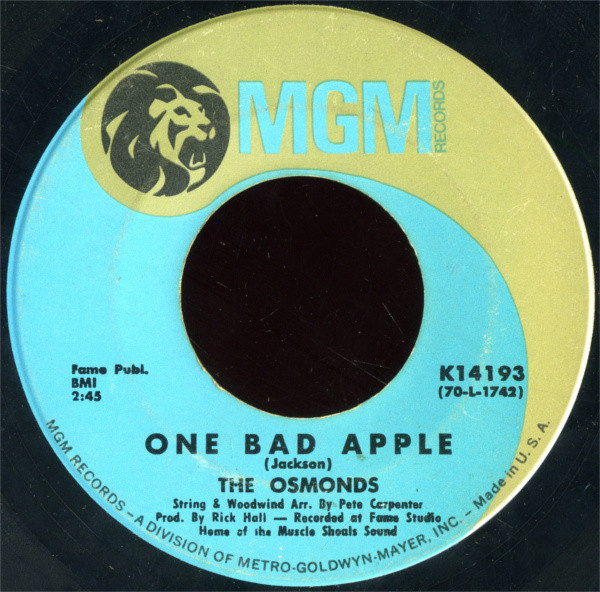
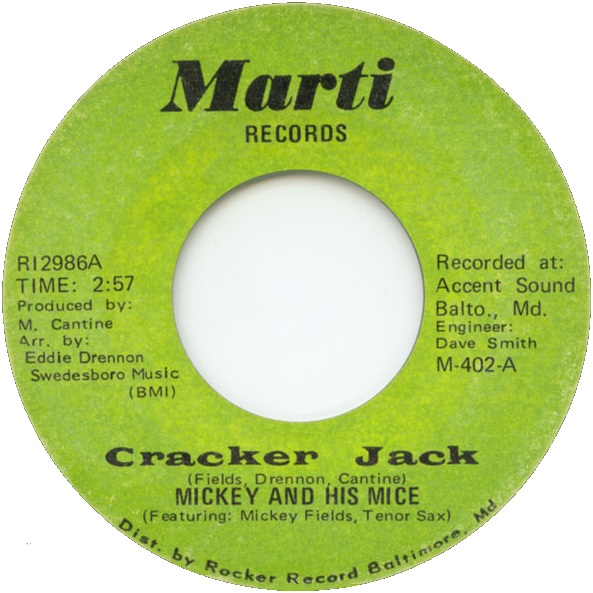
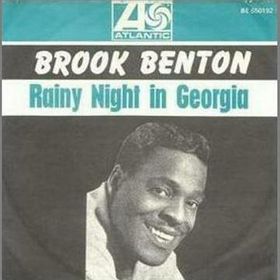

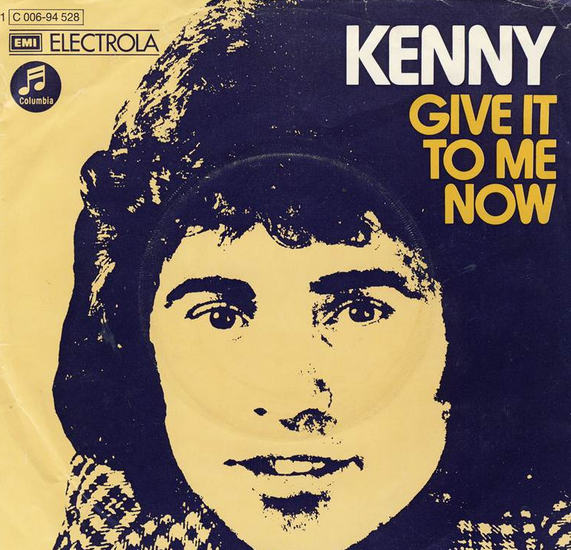

 Génesis – “Señora del Silencio” (1974)
Génesis – “Señora del Silencio” (1974)